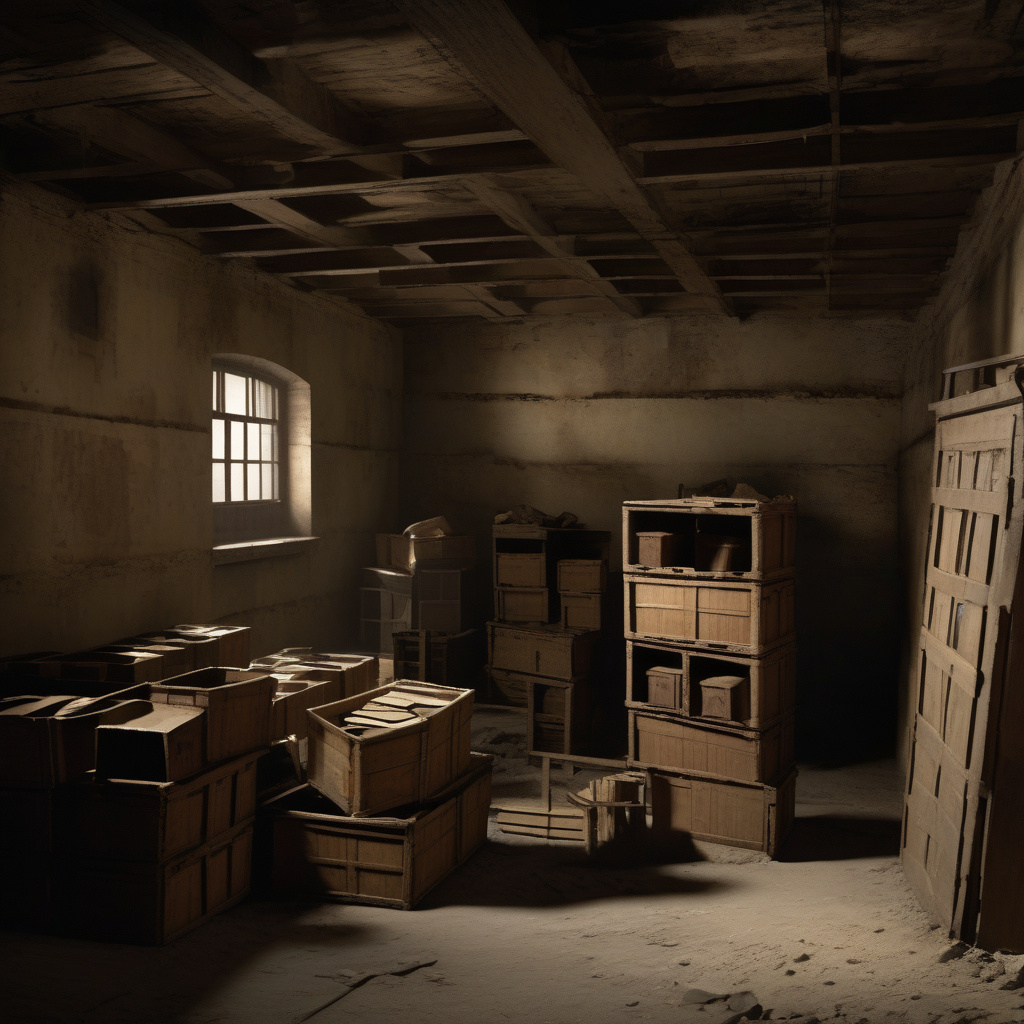Over 80 crates full of Nazi documents found in Argentine court’s basement
Judicial officials at Argentina’s Supreme Court of Justice have uncovered more than 80 boxes containing a trove of Nazi documents in the court’s basement. This shocking discovery sheds light on Argentina’s murky past and its ties to Nazi Germany during World War II. The documents, which include photographs, letters, and files dating back to the 1930s and 1940s, were found by archivists who were conducting an inventory of the court’s historical records.
The contents of these crates provide a chilling glimpse into Argentina’s role as a safe haven for Nazi war criminals following the end of the war. Many high-ranking Nazi officials, including Adolf Eichmann and Josef Mengele, fled to Argentina to escape prosecution for their heinous crimes. The documents found in the court’s basement may hold valuable information about the extent of their activities in the country and the network that helped them evade justice.
This discovery has sparked renewed interest in Argentina’s dark history and its connections to the Third Reich. It raises questions about the extent of collaboration between Argentine officials and Nazi fugitives, as well as the complicity of the government in harboring these individuals. The documents may provide crucial evidence to finally bring closure to the families of the victims of the Holocaust and hold accountable those who aided and abetted the perpetrators.
The importance of preserving and studying these documents cannot be overstated. They are not just relics of the past but valuable historical evidence that can help us better understand the atrocities committed during World War II and ensure that they are never forgotten. By uncovering and analyzing the contents of these crates, historians and researchers can piece together the puzzle of Argentina’s dark past and shed light on a chapter of history that has long been shrouded in secrecy.
The Argentine government must now take steps to ensure that these documents are properly preserved and made accessible to the public and researchers. Transparency and accountability are crucial in confronting the country’s past and acknowledging the role it played in providing refuge to Nazi criminals. By confronting this painful history, Argentina can begin to heal the wounds of the past and reaffirm its commitment to justice and human rights.
In conclusion, the discovery of over 80 crates full of Nazi documents in the Argentine court’s basement is a stark reminder of the country’s dark past and its connections to one of the most brutal regimes in history. It is a call to action for the government and society to confront this history, preserve these documents, and ensure that the truth is brought to light. Only by acknowledging the past can we build a better future free from the shadows of hatred and injustice.
Argentina, Nazi documents, Supreme Court of Justice, Holocaust, Historical records












